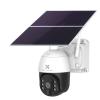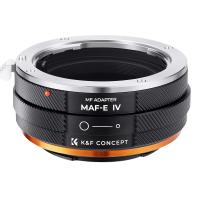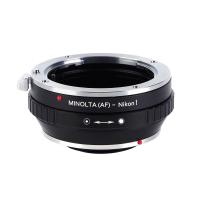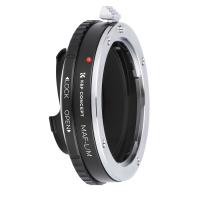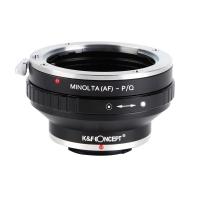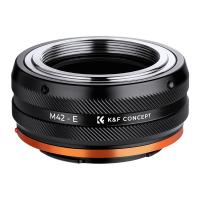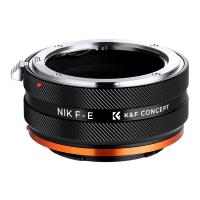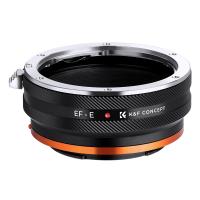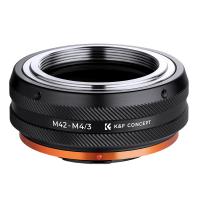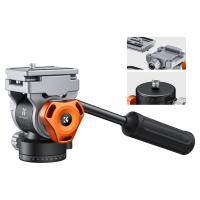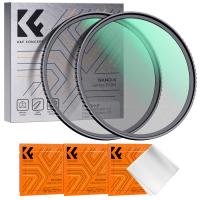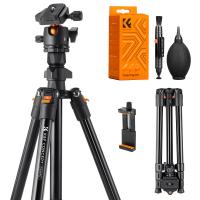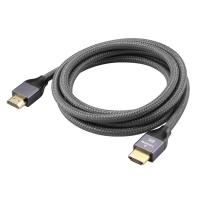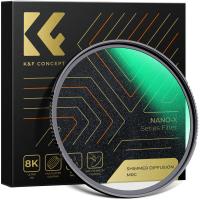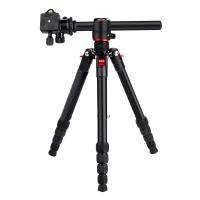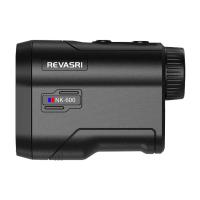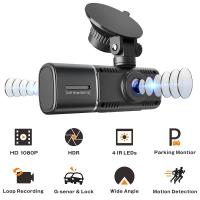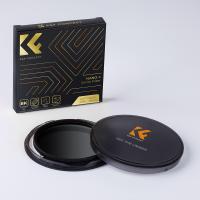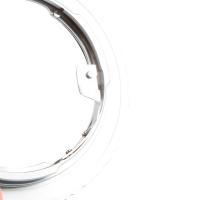How Much To Fit A Magnetic Filter?
When it comes to maintaining a healthy, efficient central heating system, magnetic filters are increasingly becoming a common solution among professional plumbers, heating engineers, and homeowners alike. Their ability to capture sludge, rust, and magnetic debris circulating in a heating system makes them indispensable in extending the life of boilers and improving heating efficiency. However, one frequently asked question is, "How much does it cost to fit a magnetic filter?" In this article, we’ll explore not only the costs involved but also the key considerations and benefits of installing a magnetic filter, helping you make an informed decision.
What Is a Magnetic Filter?

A magnetic filter is a device attached to a central heating system that traps metal debris like rust and sludge from the water circulating in the boiler and radiators. Over time, metal particles from inside radiators, pipework, and boiler components break away, mix with the water, and form sludge, which can hamper heating efficiency or even cause boiler breakdowns. A magnetic filter uses powerful magnets to collect and trap these particles, preventing blockages and damage to the system.
Installing a magnetic filter is often recommended when installing a new boiler or as part of a heating system upgrade. However, it can be retrofitted to an existing system as well. Let’s delve into the pricing details.
---
Costs Involved in Fitting a Magnetic Filter
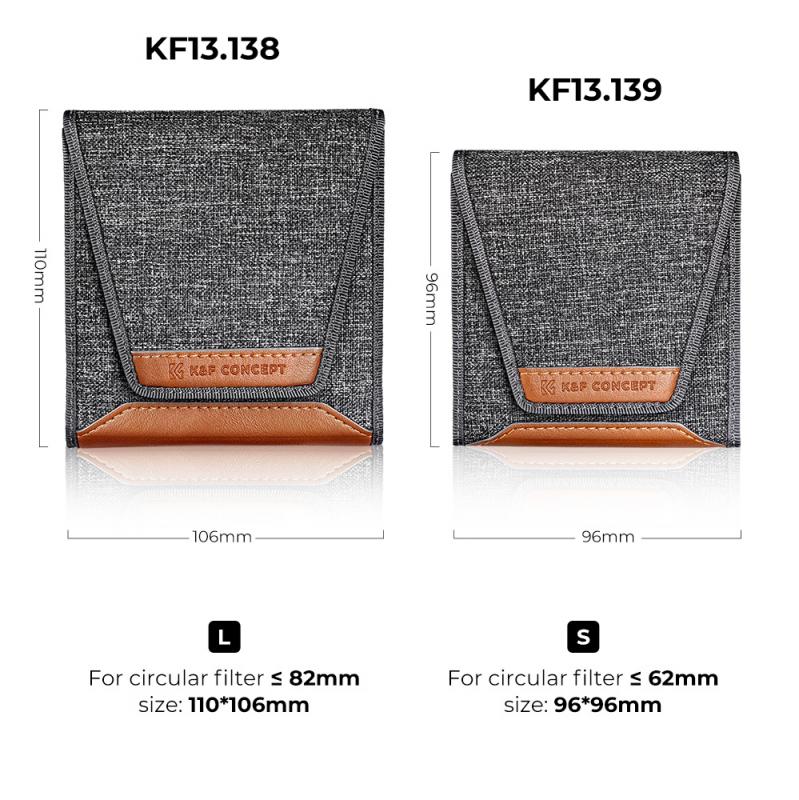
The cost of installing a magnetic filter largely depends on three key factors: the price of the filter itself, labor costs for the installation, and any additional work that may be required during the process. Here’s a breakdown:
1. Cost of the Magnetic Filter
Magnetic filters come in different sizes, brands, and levels of quality, so prices can vary widely. On average, you can expect to pay between £80 and £250 for the filter itself. High-end models from well-known brands such as Adey, Fernox, or Spirotech may cost more but are often considered worth the investment due to their durability and efficiency. Affordable options are also available from less-known brands, but they may not perform as effectively or last as long.
2. Labor Costs
Hiring an engineer or plumber to install the magnetic filter requires paying for their expertise and time. In the UK, the labor cost to install a magnetic filter typically ranges from £100 to £200, depending on the region, the complexity of the task, and the rates of the professional you hire.
Most engineers can fit the filter in about 1 to 2 hours. If the installation is part of a larger boiler servicing job or boiler replacement project, the labor cost for fitting the filter may be lower because it can be done concurrently with other tasks.
3. Additional Costs
Additional costs may arise if your existing heating system requires modifications to accommodate the magnetic filter. For example, some older systems may not have accessible pipework or valves for easy installation, and extra work may be needed to retrofit the filter. Flushing your system before installing a magnetic filter may also be recommended if there is already substantial sludge build-up. A power flush can cost anywhere between £300 and £700, adding to the overall project expense.
---
Factors Influencing Pricing

Beyond the standard costs of the filter and labor, several factors can influence the total expense of installing a magnetic filter:
1. Heating System Type and Size:
Large systems with multiple radiators may need higher-capacity filters, which can be more expensive.
2. Location:
Labor costs can vary significantly based on where you live. For instance, rates tend to be higher in cities like London compared to smaller towns or rural areas.
3. Service Bundles:
Some boiler installation packages include magnetic filter fitting at no additional cost. It’s worth asking your installer about this option.
4. Brand Choice:
While premium brands come with higher price tags, they often deliver better performance and warranty conditions.
---
Is It Worth Fitting a Magnetic Filter?

If you're weighing the cost against the benefits, it's essential to consider the value a magnetic filter brings to your heating system. Here are a few key advantages:
1. Improved Boiler Lifespan
One of the primary benefits is an extended boiler lifespan. By capturing and removing harmful debris from the water, a magnetic filter helps reduce wear and tear on boiler components such as pumps and heat exchangers.
2. Increased Heating Efficiency
Sludge and magnetic particles circulating in your system can decrease the efficiency of your radiators and boiler, leading to uneven heating and higher energy bills. A magnetic filter ensures your system runs more efficiently, saving you money in the long term.
3. Reduced Repair Costs
Without a magnetic filter, debris can cause blockages or damage key components of your boiler. Repairing these issues can cost significantly more than the one-time investment in a magnetic filter.
4. Easy Maintenance
Most magnetic filters are designed for easy cleaning and maintenance. Regular servicing of your heating system often includes cleaning the filter, ensuring it continues to perform effectively.
---
When Should You Fit a Magnetic Filter?
You don’t have to wait for an issue to arise before installing a magnetic filter. Here are the scenarios where fitting one is particularly beneficial:
1. When Installing a New Boiler
Many boiler manufacturers require homeowners to fit a magnetic filter for warranty validity. Installing a filter at this stage can also help protect your new investment.
2. Retrofitting an Existing System
If your current boiler is showing signs of inefficiency due to sludge build-up, such as noisy operation or cold spots in radiators, retrofitting a magnetic filter can address the problem.
3. During Heating System Servicing
If your system is being serviced or power-flushed, adding a magnetic filter to the process can maximize the benefits and prevent recurring issues.
4. As a Preventative Measure
Even if your heating system appears to be working fine, fitting a magnetic filter is a smart preventative maintenance measure to avoid future problems.
---
Tips for Reducing Costs
If the cost of installing a magnetic filter feels prohibitive, there are ways to make it more affordable:
1. Shop Around for Quotes:
Always get several quotes from reputable plumbing and heating engineers in your area. This ensures you’re paying a fair price for the installation.
2. Opt for a Bundle:
If you’re installing a new boiler, ask whether the installer offers a package deal that includes a magnetic filter.
3. Choose a Middle-Range Model:
You don’t always have to go for the most expensive filter. A mid-range model from a trusted brand can provide good results without breaking the bank.
4. Schedule During Servicing:
If your boiler is due for servicing, align the magnetic filter installation with this appointment to save on labor costs.
---
Fitting a magnetic filter is a cost-effective way to protect your heating system, extend the life of your boiler, and improve energy efficiency. On average, you can expect the total cost to range from £180 to £450, depending on the type of filter, labor rates, and any additional work required.
While the upfront expense might feel significant, the long-term savings on energy bills and boiler repairs, combined with the peace of mind it offers, make it a worthwhile investment for most homeowners. By choosing a reliable filter, hiring a qualified installer, and looking for cost-saving opportunities, you can ensure the installation process is smooth and affordable. If you’re still uncertain, consult a heating professional to assess your system and provide personalized recommendations.

